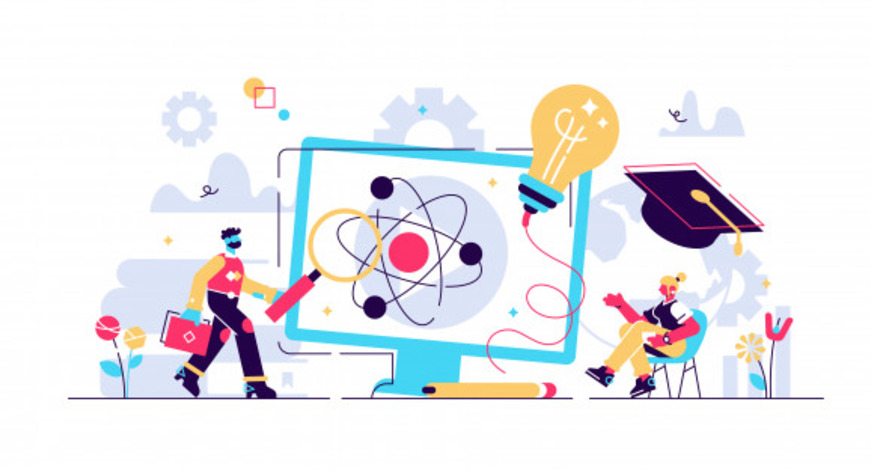Students with a growth mindset are more resilient, adaptable, and open to new ideas and experiences that can help them navigate change In today’s fast-paced world, change is the only constant. The world around us is rapidly evolving with technology and innovation changing the way we live, work, and learn. While these changes are challenging, […]
Tag Archives: holistic education
When women are given access to education, healthcare and economic opportunities, they are more likely to have the resources and support necessary to provide for their children Women play a significant role in a child’s life, and their empowerment can positively impact the child’s physical, emotional, and social development. Empowering women is a key factor […]


